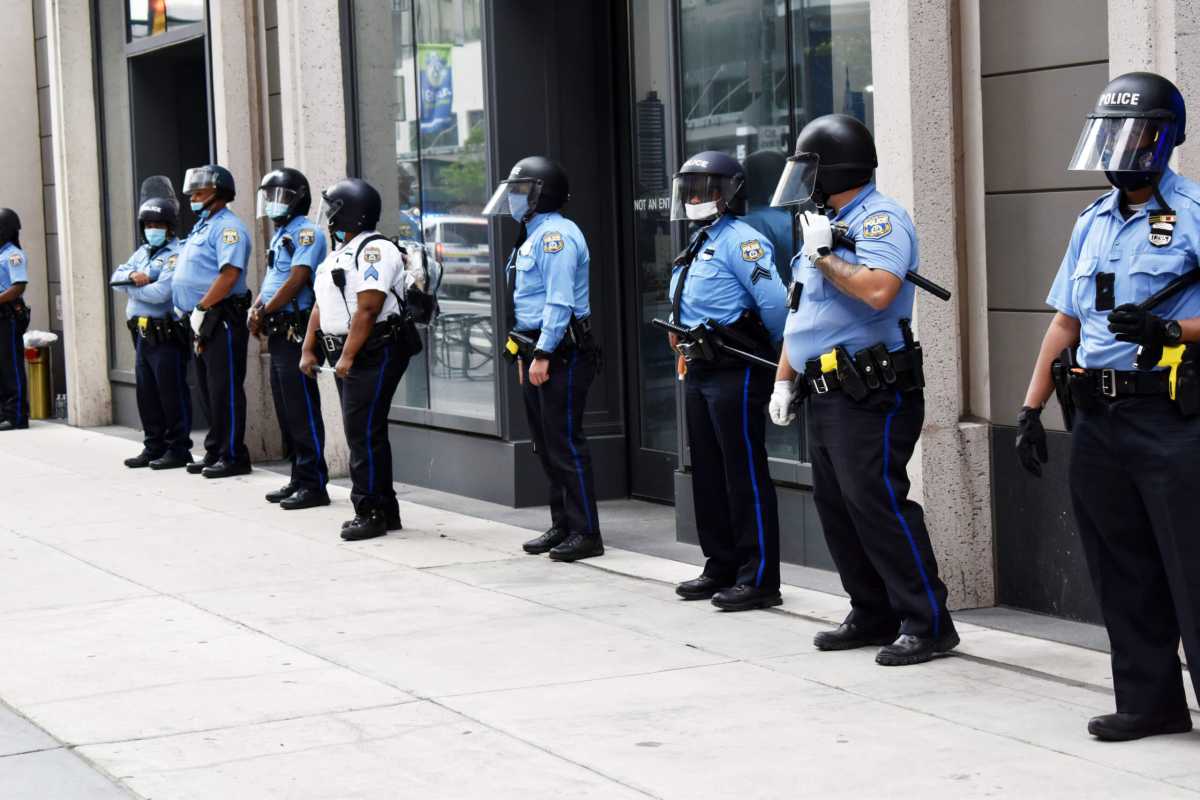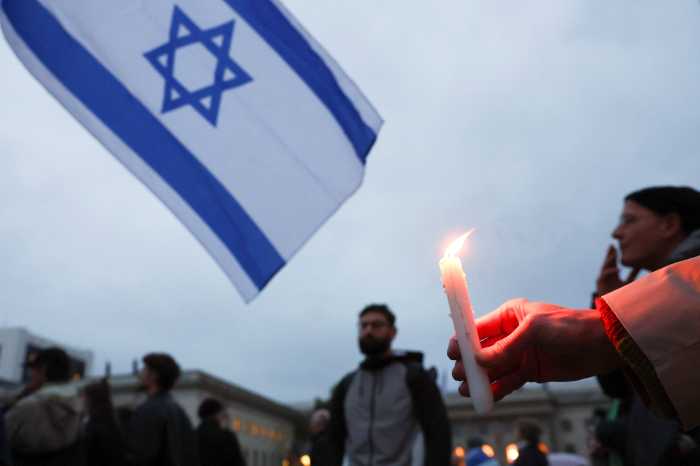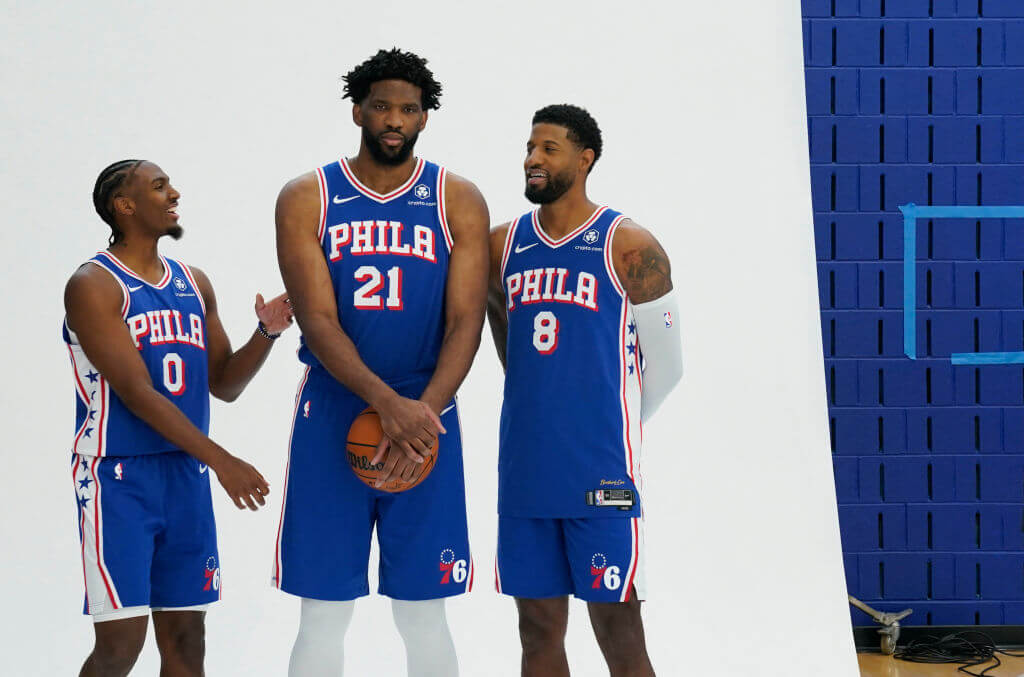Mayor Jim Kenney on Tuesday scrapped his proposal to increase police funding, following an outcry from protesters in the streets and City Council opposition.
His administration also unveiled an extensive list of changes to the Philadelphia Police Department, including a plan to prohibit officers from kneeling on a person’s neck, the maneuver that led to the death of George Floyd in Minneapolis.
Kenney’s agenda also includes the creation of a permanent Police Oversight Commission, a group of civilians who would be able to use subpoena power to review officer-involved shootings and complaints.
Other initiatives outlined Tuesday, including reinstating the residency requirement for officers, will likely have to be worked out with the police union and are sure to face blowback.
“Those who have spoken out on the streets of Philadelphia have made clear that the police reforms we’ve enacted over the last four years are not nearly enough,” Kenney said in a statement.
Kenney’s budget proposal, revised in the wake of the coronavirus, had included $14 million more for the PPD, even as the budget as a whole was slashed by $341 million and many departments prepared for deep cuts.
His administration said it would support maintaining funding at this year’s level, though Kenney said police spending may even dip below that baseline as budget talks with City Council continue.
The city expects to spend $748 million on the PPD through the end of the fiscal year that ends June 30.
Activists who have rallied in the aftermath of Floyd’s death have been advocating for defunding police departments nationwide, and some are pushing for abolishing law enforcement entirely and replacing it with a new system.
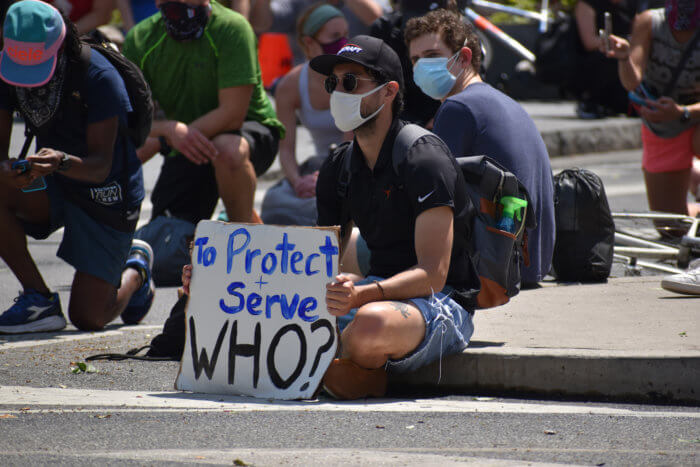
“I don’t think ‘defund the police’ means zero out the police budget and disband the force,” Kenney told reporters Tuesday afternoon. “We think we can police better and make sure we put the resources in the departments that can affect change and make the situation in our neighborhoods better.”
Kenney’s administration was defending the police department’s increase as recently as Sunday, when a spokesperson told Metro the money would be used to combat gun violence, hold anti-racist trainings and institute reforms.
The mayor’s hand appears to have been forced by City Council. A letter sent to Kenney Monday and signed by 14 out of 17 members said Council would not support the additional money in the police budget.
“I support public safety but I also want to make sure we have a budget that’s effective at supporting those who are most in need,” Councilman Kenyatta Johnson, who wrote the letter, told Metro, adding that he wants to see the money invested in community programming.
It hasn’t been determined where the extra $14 million will go, Kenney said, and he did not say whether any police layoffs would occur due to the reduced spending.
Aside from funding, Police Commissioner Danielle Outlaw is planning to draw up new department policies to ban sitting or kneeling on a person’s neck, face or head, and she will also lay out guidelines as to when an officer can pull out a gun and point it at someone.
Chokeholds are already forbidden by PPD protocol, and the Kenney administration is now advocating them to be made illegal at the state level.
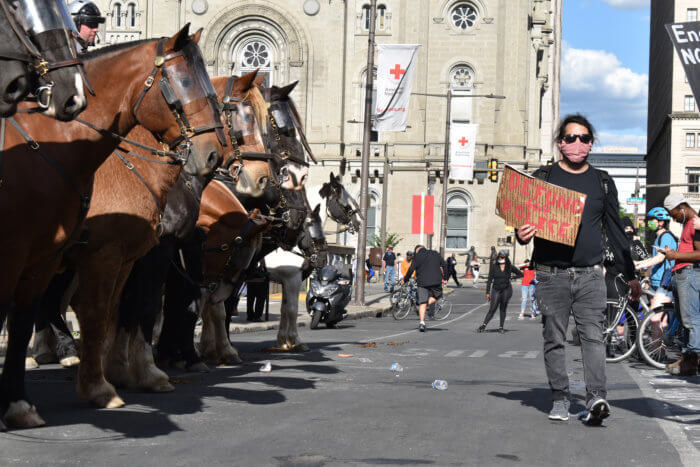
In addition, city officials said they want to increase transparency surrounding investigations that take place within the police department through the Internal Affairs Division. Outlaw said a quarterly report will be issued showing the number, type and status of cases.
The Kenney administration also detailed what it will ask for in contract talks with Fraternal Order of Police Lodge 5 next year.
Other than requiring officers to live in Philadelphia, a rule that was dropped a decade ago, the city plans to push for an overhaul to the police department’s discipline process and more latitude for the commissioner to transfer officers.
Kenney’s agenda includes more transparent negotiations with FOP, with a public comment period for residents before a contract is ratified.
The mayor said he “did not have specific conversations” with the police union before releasing his proposals.
“We want to approach this open-mindedly, but some of these things have to happen,” Kenney said.
The FOP did not immediately comment Tuesday after Kenney’s plan was released.
Council is scheduled to further scrutinize the PPD’s budget during a hearing Wednesday morning.



